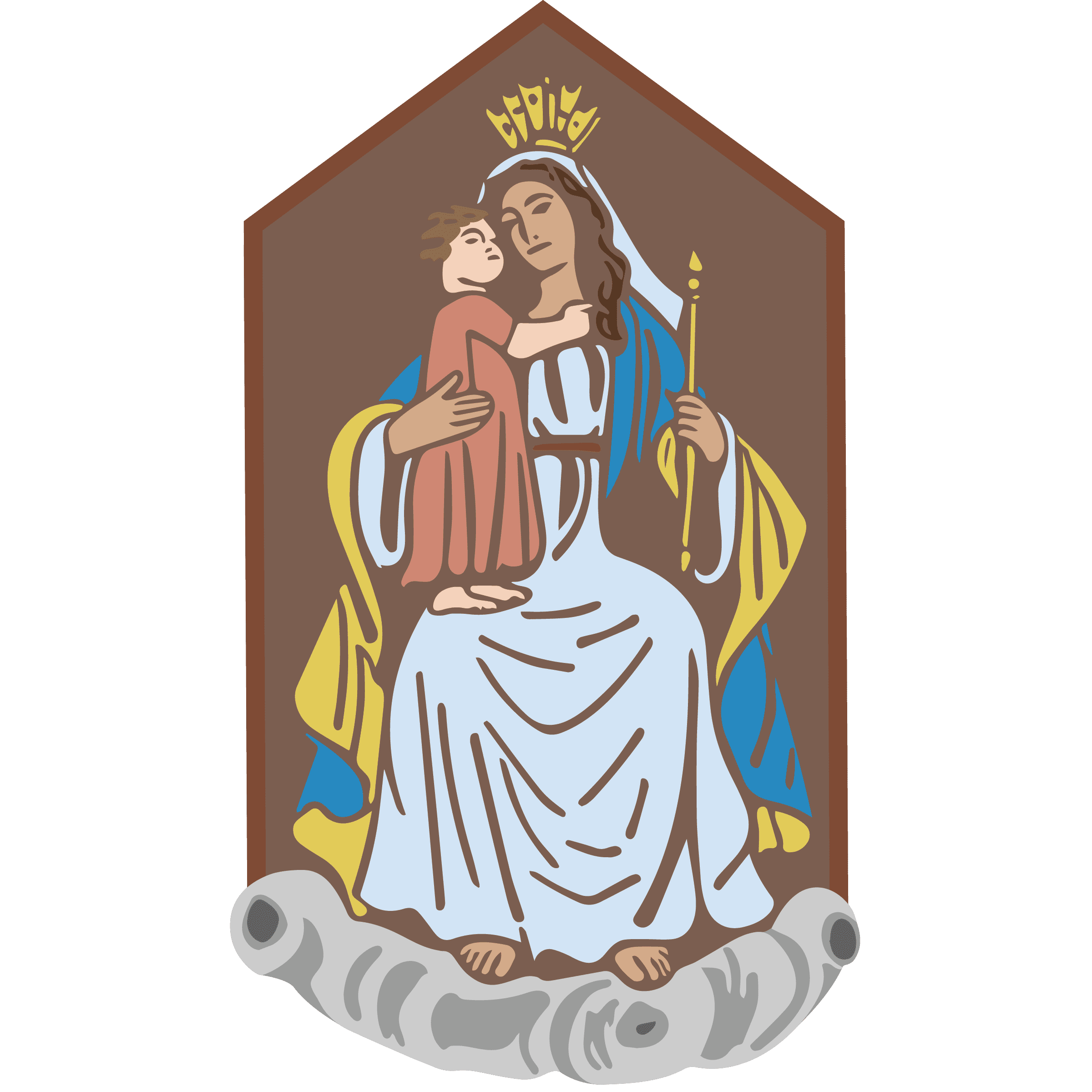December 11 – Third Sunday of Advent
“What did you go out to the desert to see? A reed swayed by the wind?” One has to wonder why everyone who met Jesus didn’t immediately fall down at His feet and exclaim, “Truly this man was the Son of God!” (Matt 27:54) Rather, He was hidden in ordinary human flesh. John the Baptist himself, who according to Jesus is greater than all those born of women, has to ask, “Are you the one who is to come, or should we look for another?” Our expectations can severely limit our capacity to see, and Jesus’ response to John is thus to refix his expectations.
It should therefore be no wonder that everyone who encounters the Eucharist doesn’t immediately fall down at His feet and exclaim, “Truly this is the Son of God!” We can really only see the Eucharist for what it is, if we see Jesus for who He is, and adjust our expectations accordingly.
So, what would we expect? What has Jesus shown us about Himself? Jesus is humble. He’s not afraid to be a helpless little baby. He is generous—He does not withhold His Body and Blood from being poured out for the world on the cross. He wants to be with us—so much so that He left the glory of heaven to visit His people. And He is radically in love with us—He is “the bridegroom”, we are the bride, and He therefore wants to become “one flesh” with us.
Knowing this—knowing Jesus for who He truly is—it is no wonder that God gives Himself to us in the Eucharist: His Presence, His Sacrifice, and His Communion. Just as He was hidden in human flesh to give us this threefold gift, so too now He is doubly hidden, both His divinity and humanity, so as to give all of humanity these gifts until the end of time.
Jesus provides us with something irrefutably stable in his words, deeds, and person to show us who God is—in a word, He teaches us to see God. Although this doesn’t come immediately to those who meet Our Lord, remember that “the blind regain their sight” because of Him. Thus, just as Jesus revealed how much God loves us on the cross, may we allow Him to heal our blindness and show us just how much God loves us in the Eucharist.
Father James

